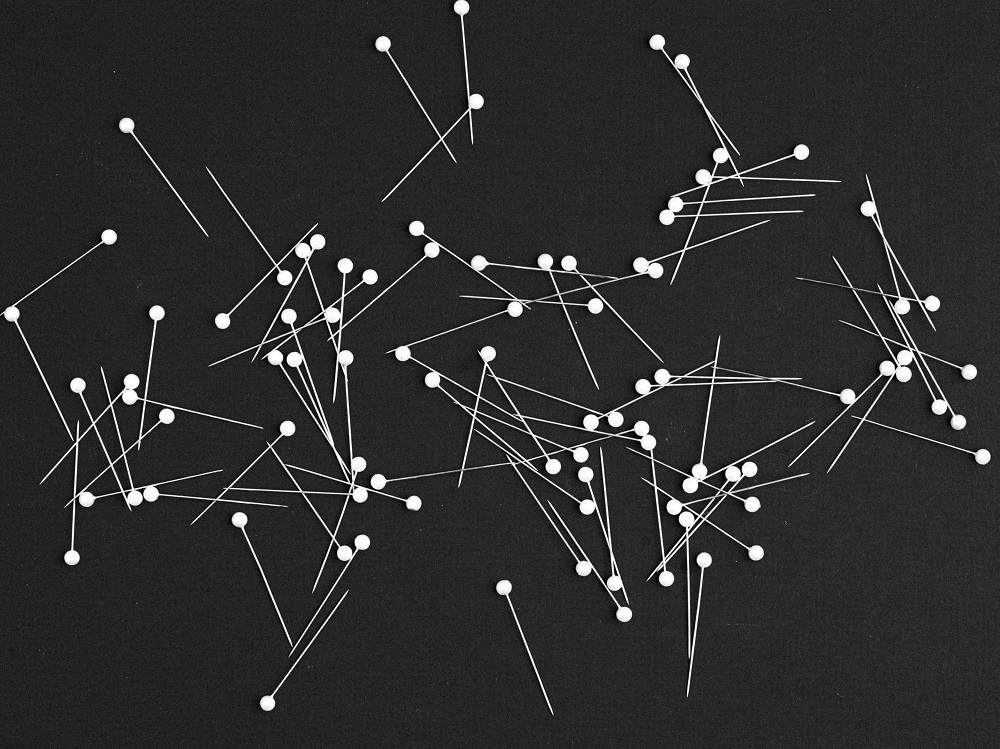Staying put dedicatedly on the frontlines of the pandemic, healthcare workers are amongst the most vulnerable groups, including people who have underlying health conditions and old folks. Their undying duty and selfless support to win this fight against coronavirus is commendable. Numerous healthcare workers across the globe have contracted the novel coronavirus, and many have even lost their lives. Pandemics like COVID-19 pose serious impacts on medical personnel. Outbreak curbing strategies are the need of the hour in order to build a robust healthcare workforce that is efficiently responsive to situations of crisis.
Pandemic spares no one, not even the saviours – our healthcare heroes. History gives us enough proof that healthcare workers are highly susceptible to infectious disease outbreaks. According to the World Health Organization (WHO), in West Africa during the Ebola virus epidemic – 2014-16, the probability of healthcare workers getting infected was 21%-32% more than the general adult population. During the SARS epidemic in 2003, a study by Annals of Internal Medicine reported that in the early months of the SARS outbreak, approximately 5% of doctors, 4% of nurses and 8% of healthcare assistants succumbed to the infectious disease.
Impact of COVID-19 on healthcare workers
The impact of the novel coronavirus on healthcare workers is dramatically high. A research study published in the JAMA Network, stated that an initial case review of a hospital in Wuhan, China indicated that a patient zero can infect at least 10 healthcare workers. Since, the pandemic is soaring to newer heights daily, several studies are ongoing in order to understand the nature of the new coronavirus, it’s symptoms, mutation rate etc.

PPE for coronavirus
Healthcare workers, in order to keep themselves safe from the contagious disease, must wear PPE (Personal Protective Equipment) while treating the infected patients. Lately numerous countries are putting forward their concerns regarding the shortcomings in PPE. It is being reported that the medical staff is facing severe challenges while handling PPE as there aren’t adequate trainings. Lack of guidance to correctly handle PPE, increase in confusion related to coronavirus and shortage of PPE has resulted in an increase of infections in healthcare workers.

While countries across the globe issue urgent pleas for PPE, healthcare workers in China had to resort to frugal ways of protecting themselves. Some healthcare workers were seen wearing raincoats as PPE and garbage bags to cover their shoes. Many wore diapers to avoid removing their suit and expose themselves to the vulnerable environment.
Final Words
The shortcomings of today will contribute in building a better tomorrow, helping us cope and fight future pandemics effectively. The impact of coronavirus on the healthcare workers has prompted the world to shift their focus towards safety and health guidelines in order to ensure their well-being. The outbreak could help in managing the workforce expectations and improve the strategies of staff deployment. The top healthcare market research companies can fuel the decision-making process. With the help of data analytics, healthcare firms can predict the outcomes of the pandemic. According to estimates by the US federal, 40 percent of the healthcare workers indulge in fear-driven absenteeism. An effective preparedness plan is essential to build a well-equipped and healthy workforce. The continuous dedication by the healthcare heroes across the world will certainly help to mitigate this as well as future pandemics. According to Alexander Selvikvåg Lundervold, a medical imaging and machine learning expert, AI could detect early signs of coronavirus in patients in the future.









